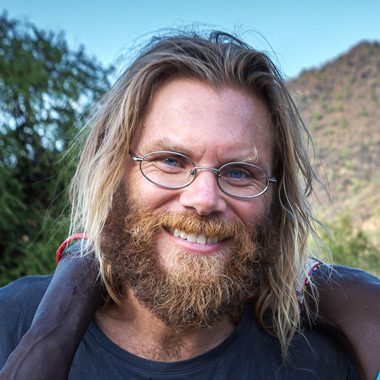The Last Places team of anthropologists has been working in Angola since 2014. In this period he has been able to differentiate 4 different Nyianeka groups (ethnolinguistic nation of the Huíla Plateau): the Handa, the Gambue and he has divided the Muila into 2. The Plain Muila, who live in the plains, are more profusely and less uniformly decorated, which is why we have classified them as a different group from those who live in more mountainous areas, the Mountain Muila, and who stand out for their hairstyles in the shape of horns.
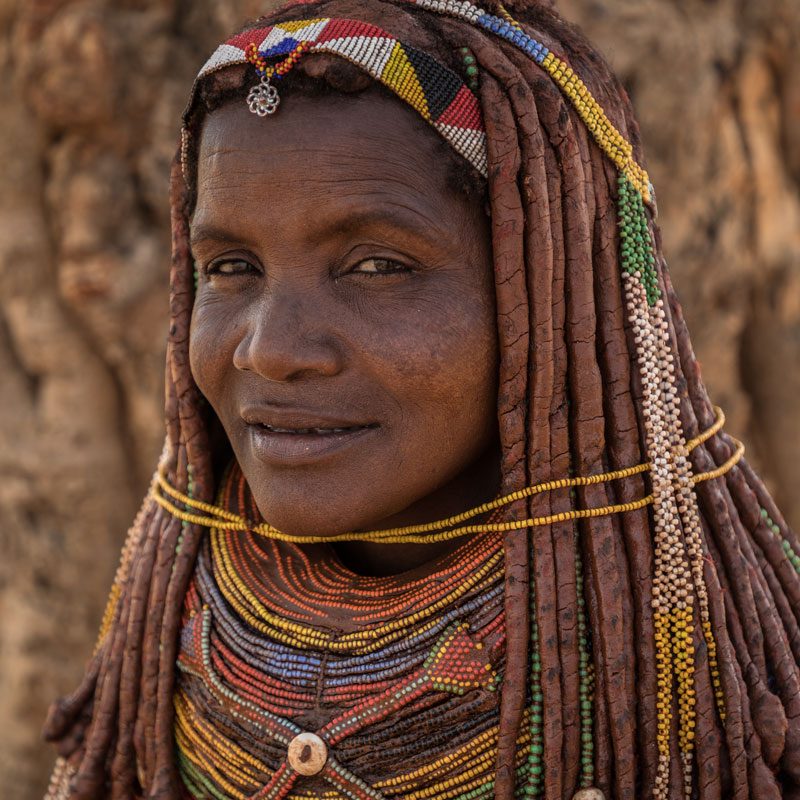
The Plain Muila live around Kamuviu (Angola) and are efficient farmers. The older generations continue to worship the bull god, despite the fact that livestock farming is no longer a key element in their economy. The Plain Muila society is in a process of change, due to the penetration of Christian beliefs and the emigration of young people to the cities.
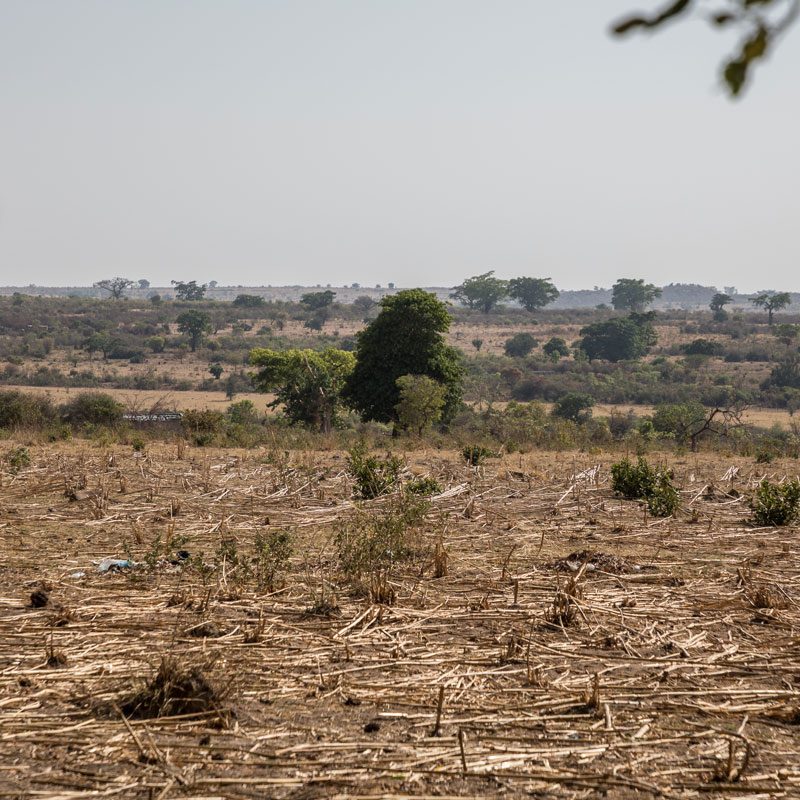
Harvested field (corn) in the land of the plains muilas.
Working together with the Plain Muila tribe has allowed us to observe how some families still preserve the traditional aesthetic although they are fewer and fewer and young people tend to imitate the fashions that come from abroad with more and more force. The Last Tribes project and the NGO Tribal Heritage propose to value this unique culture and promote traditional education among the new generations without giving up the advantages of today's world. The idea is to find a lasting balance that allows elements of tribal culture to be preserved and living conditions in traditional villages to be improved. Tourism is an effective and direct tool that values culture as a precious asset of which the tribe should be proud.
Do you want to meet the Plain Muila of Angola?
Join us on one our next trips to Angola and discover the Plain Muila culture. Click here if you want to see the trips to Angola.
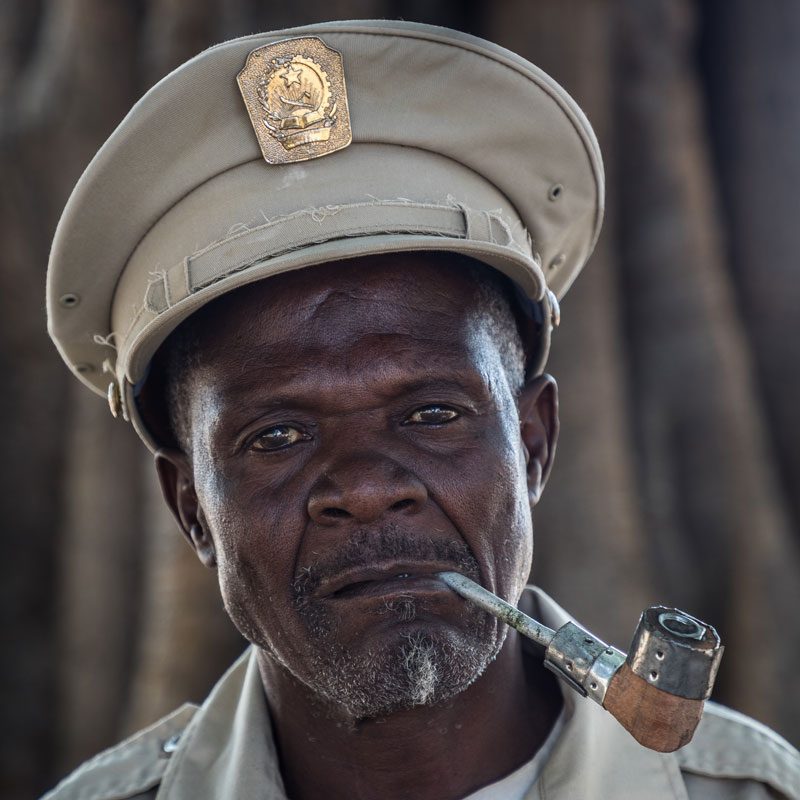
Soba (chief) Antonio de Kamuviu (Angola). Veteran of the war of independence (1961-1975) and the civil war (1975-2002). Collaborate with Last Places in the preservation of traditional culture among the younger generations and the recovery of forgotten crafts (ceramics, basketry, doll design, and jewelry).
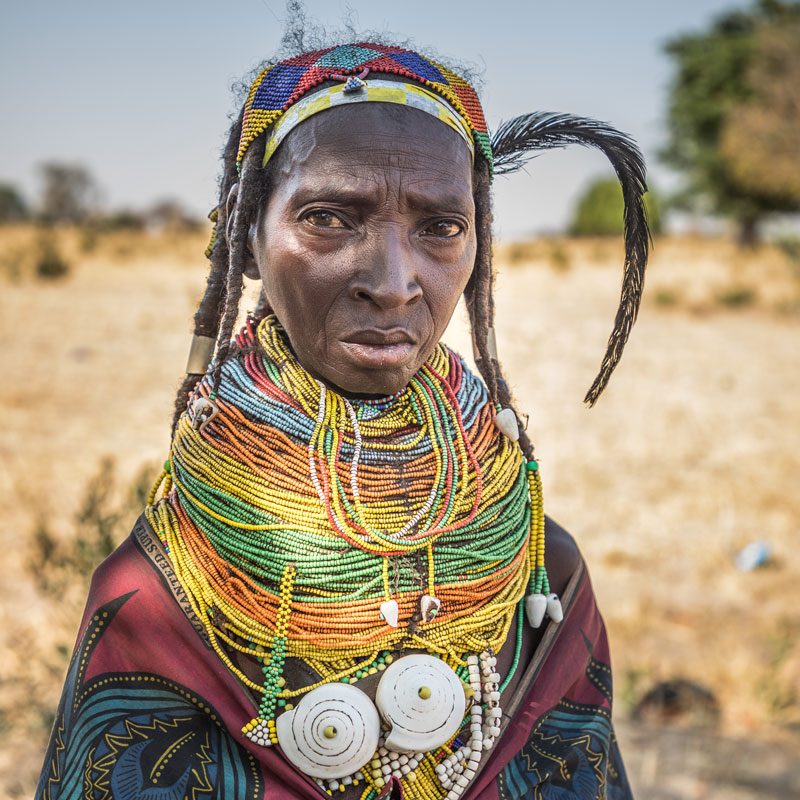
Wife of a soba (chief) from a Muila village in the plains showing her social status through her necklaces (beads and seashells). The rooster feather is also indicative of their rank.
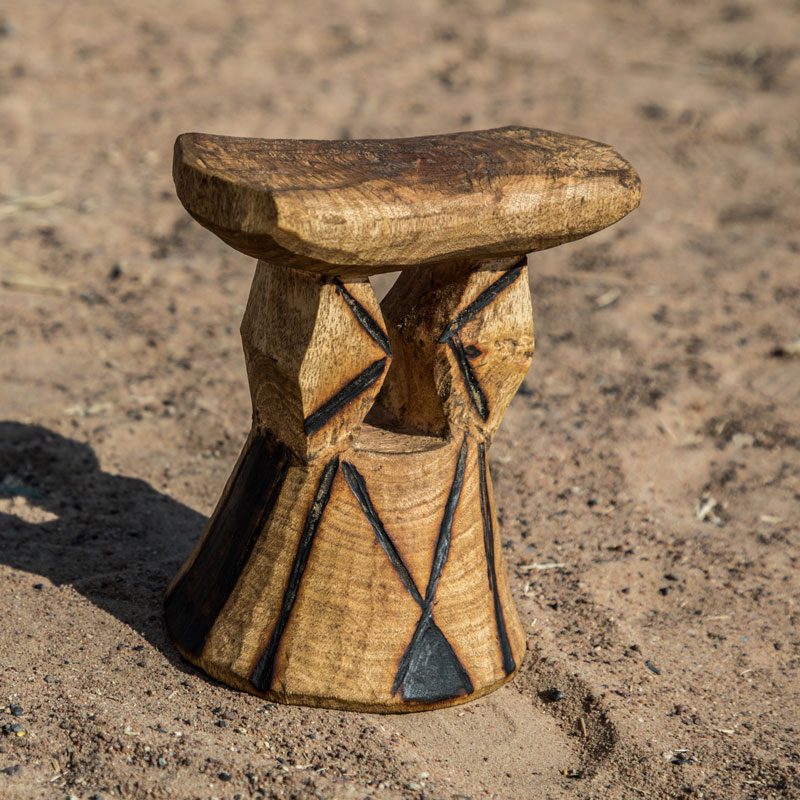
Plain Muila headrest. They are becoming rarer due to substitution by manufactured pillows.
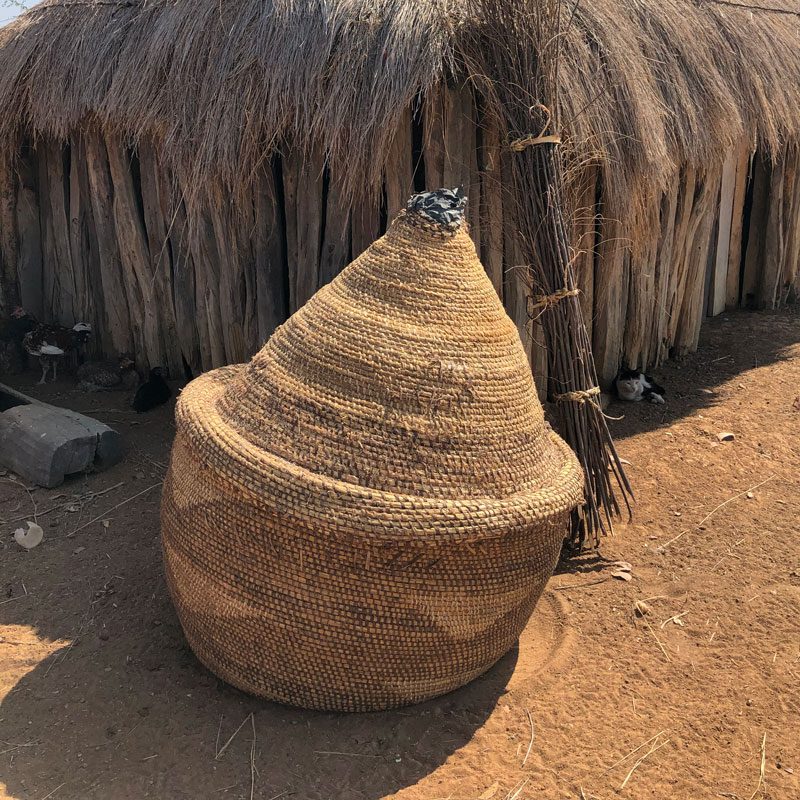
Barn woven with plant fibers with decorative motifs are preserved inside the houses.
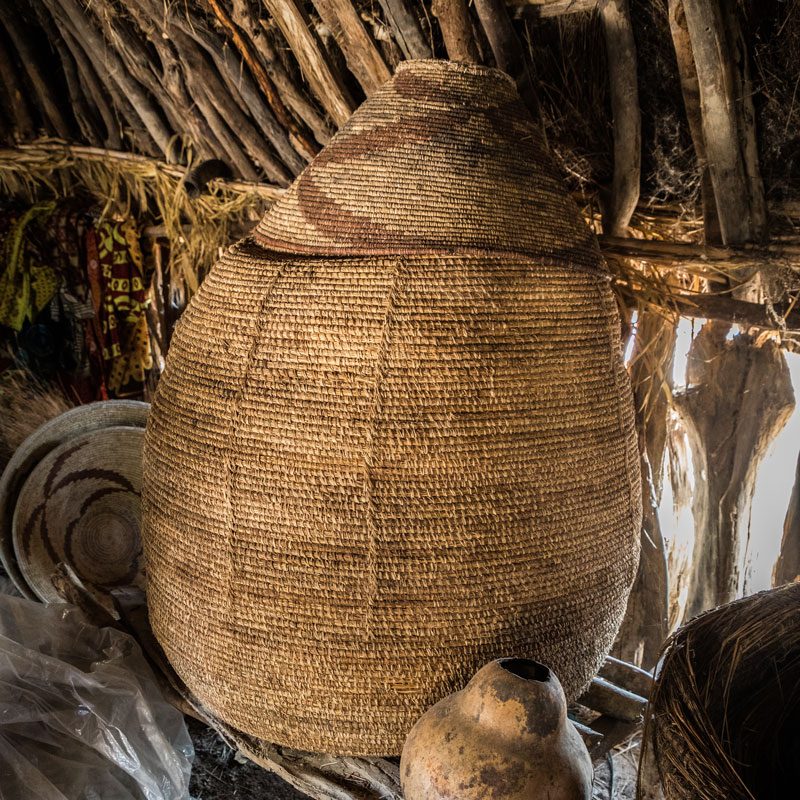
Corn barn inside a Plain Muila house.
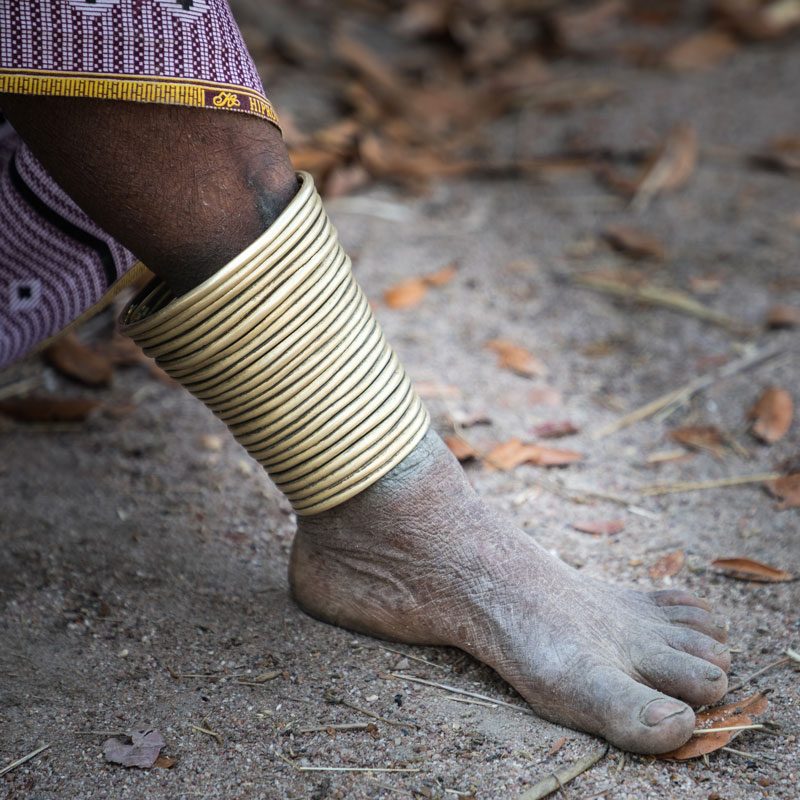
Bronze anklets of the first wife of the soba (chief) of Kamuviu (Angola).
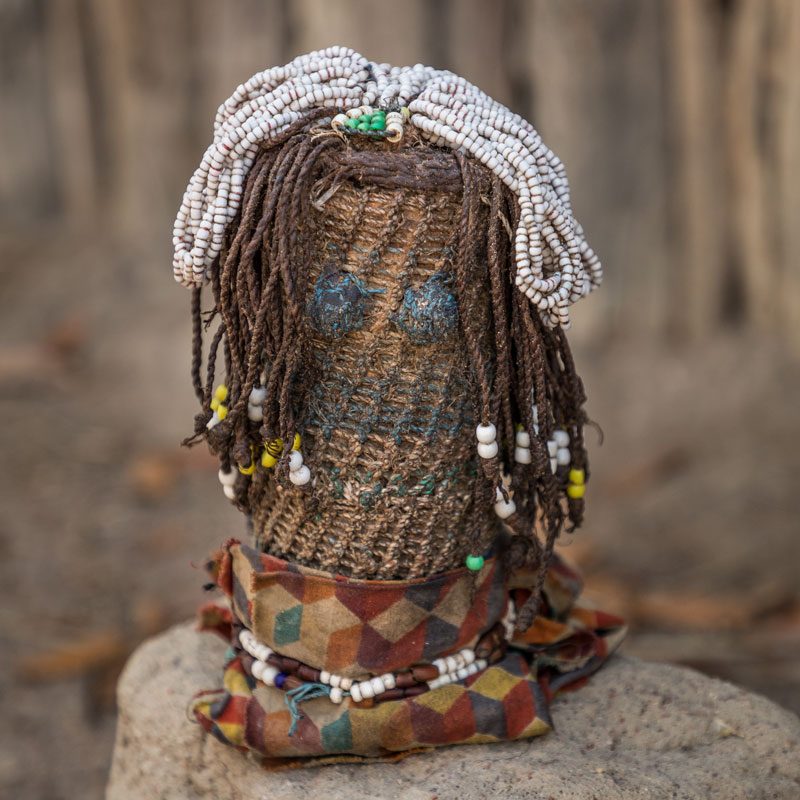
Traditional Plain Muila doll.
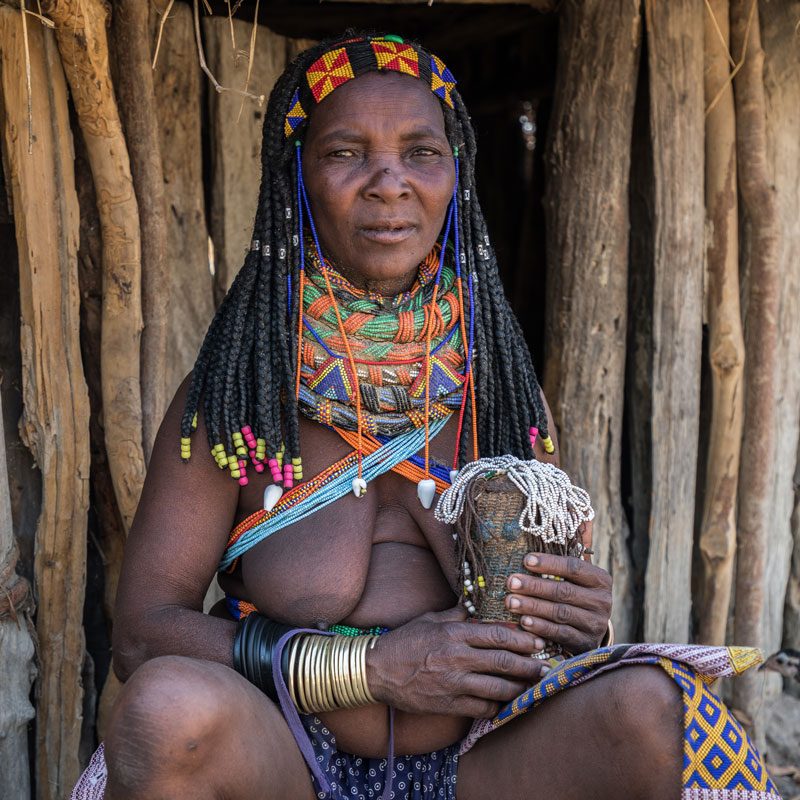
The first wife of Kamuviu soba with traditional doll made by herself.
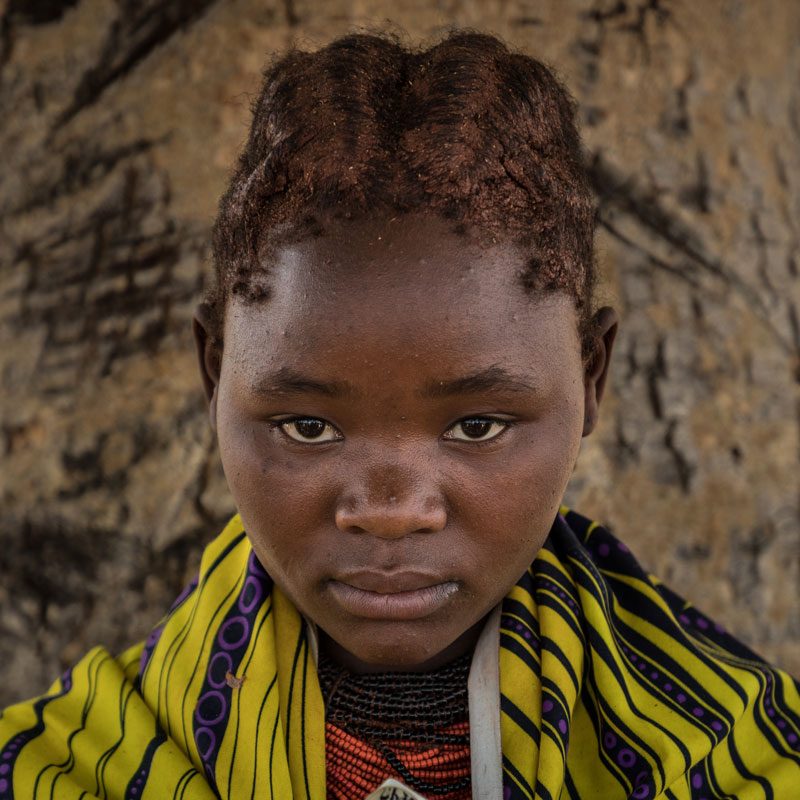
Plain Muila girl initiated with the hairstyle typical of this ceremony.
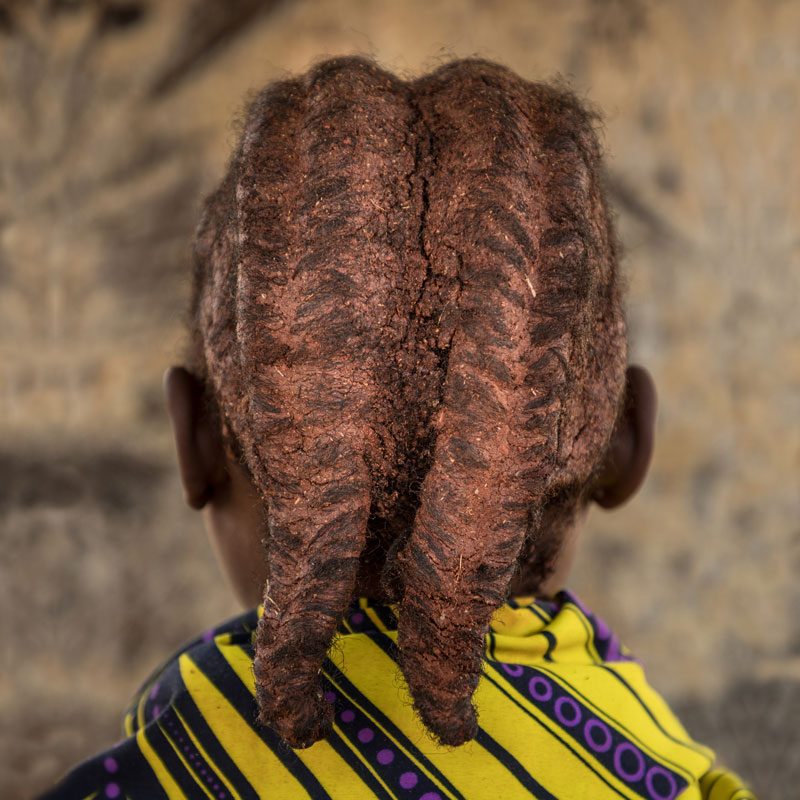
Plain Muila hairstyle from the back during initiation ceremony (Fico).
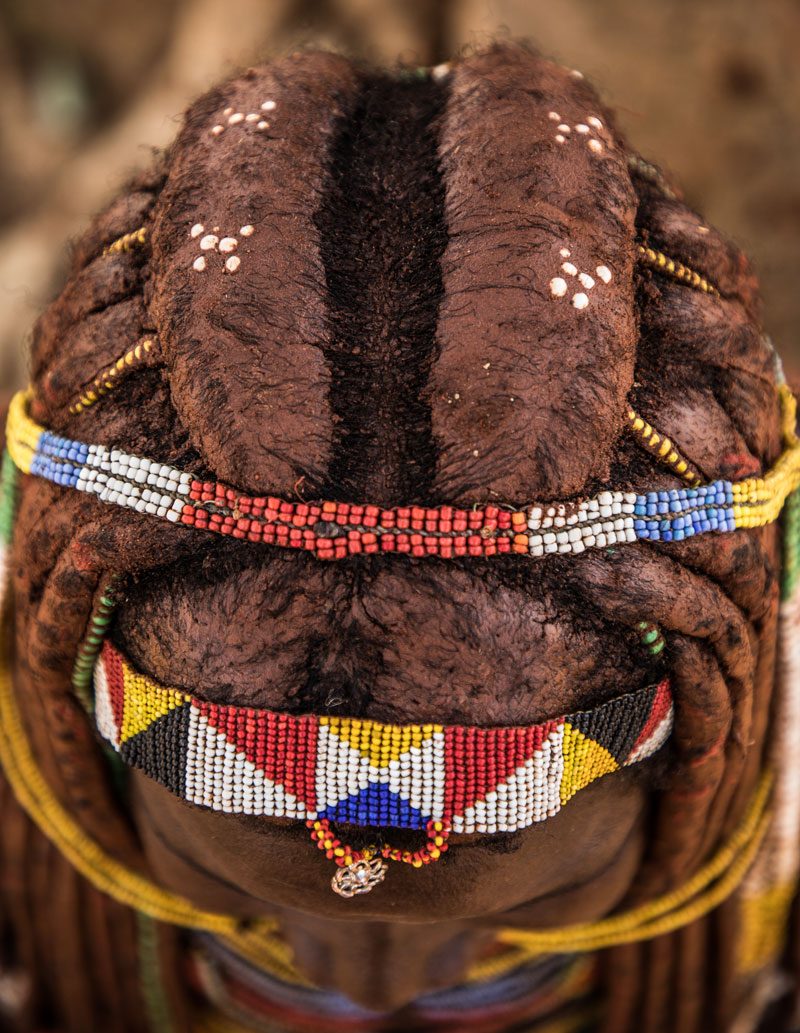
Detail of traditional hairstyle of woman with children.
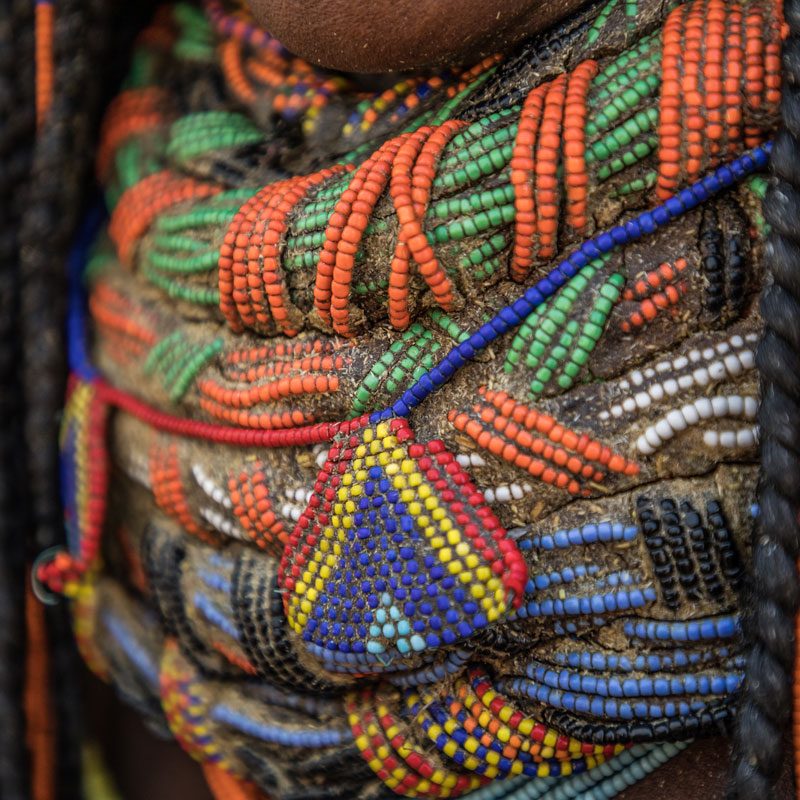
Beaded necklaces mixed with clay and butter for adult women.
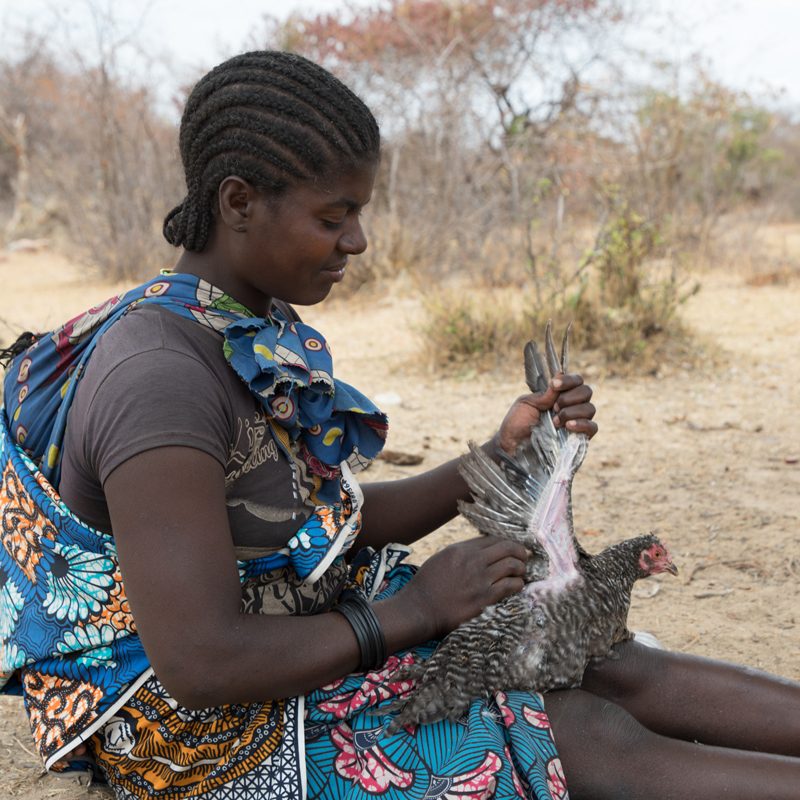
The young generations of the Plain Muila tend to forget the traditional aesthetics, influenced by urban life and the Christian religion.
Discover the tribes of Angola with the book 'Last Tribes of Angola'
If you want to know more about the tribes of Angola, you have the book 'Last tribes of Angola' available for sale, the result of the joint work of the anthropologist Joan Riera and the ethno-photographer Aníbal Bueno. Written in both English and Spanish (bilingual edition), and enriched with a wealth of photographs, illustrations, and maps, the book is a unique visual guide to the most remote tribes of southwestern Angola. Click here if you are interested in buying it.
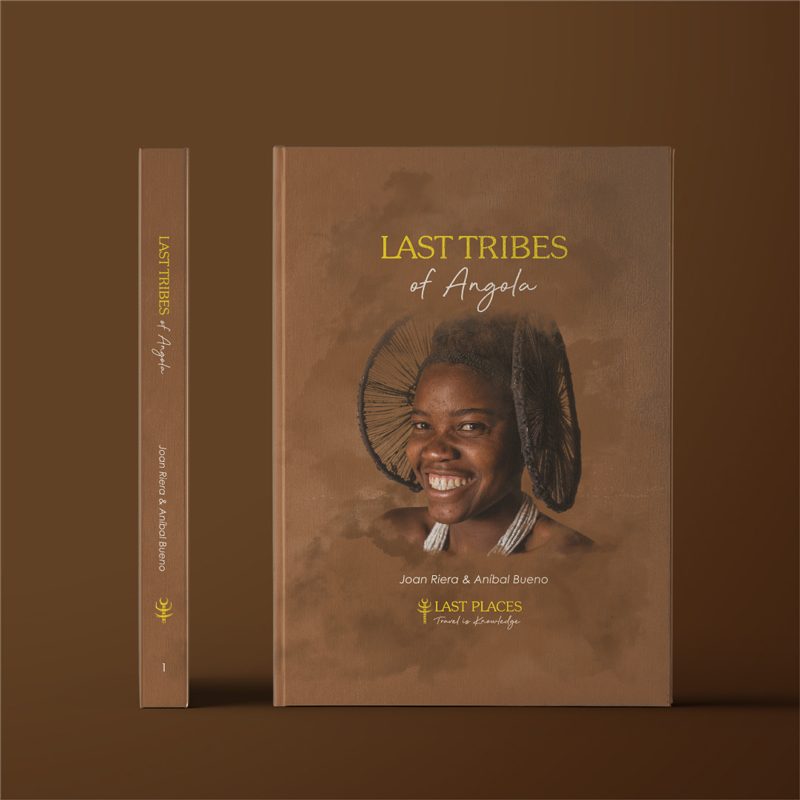
You can learn more about the Plain Muila/u> at www.101lasttribes.com
© Photographs by Aníbal Bueno
